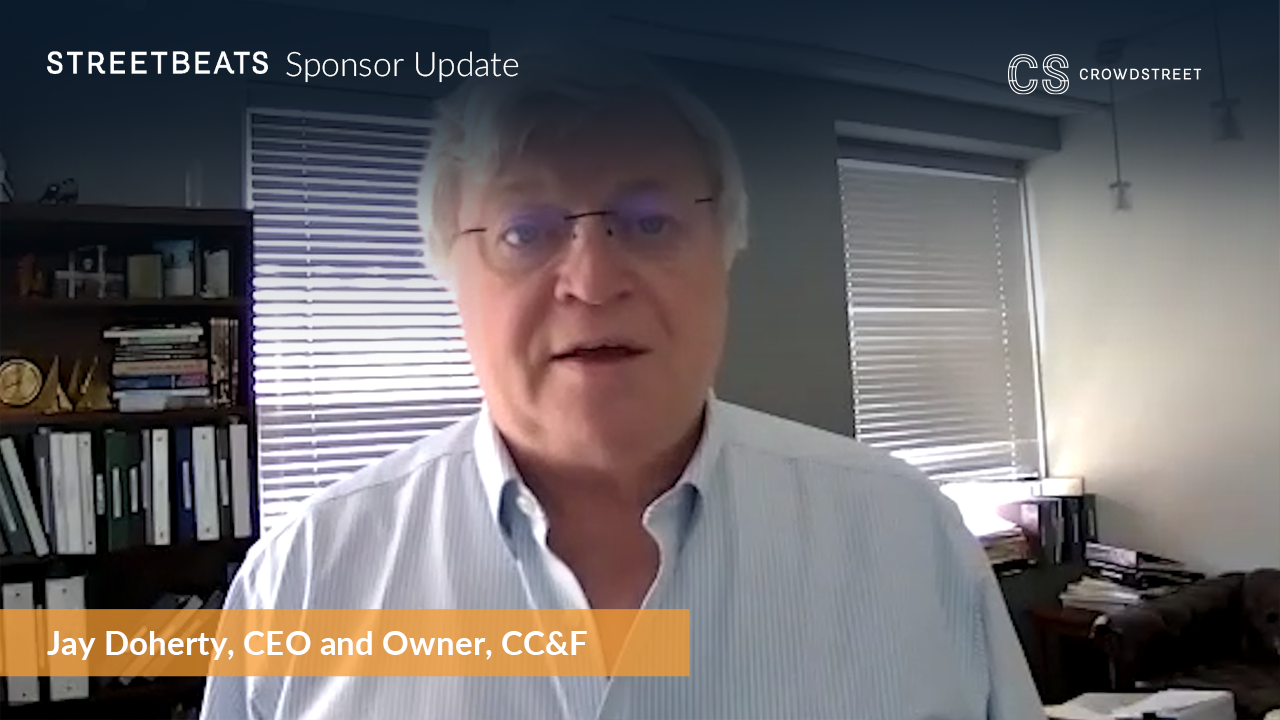
Crowd Street's Darren Powderly is joined by Jay Doherty, CEO & Owner of Cabot, Cabot & Forbes, to talk about the impact of the life sciences industry on the Boston metro area, the importance of long-term relationships, and what a decline in retail means for neighborhoods.